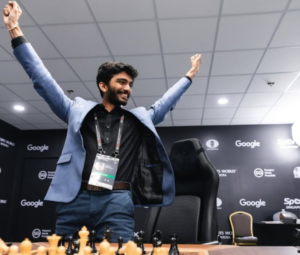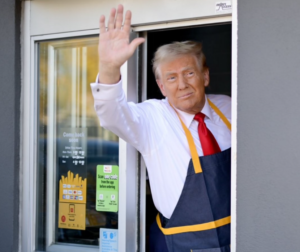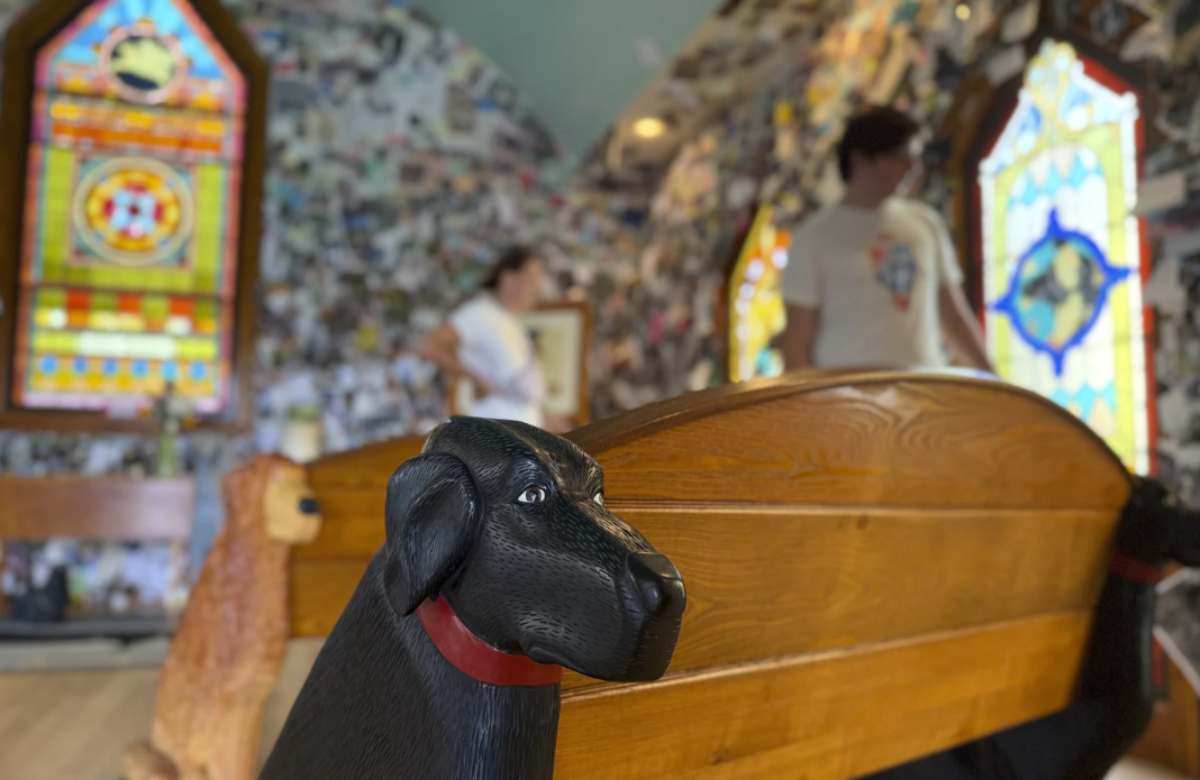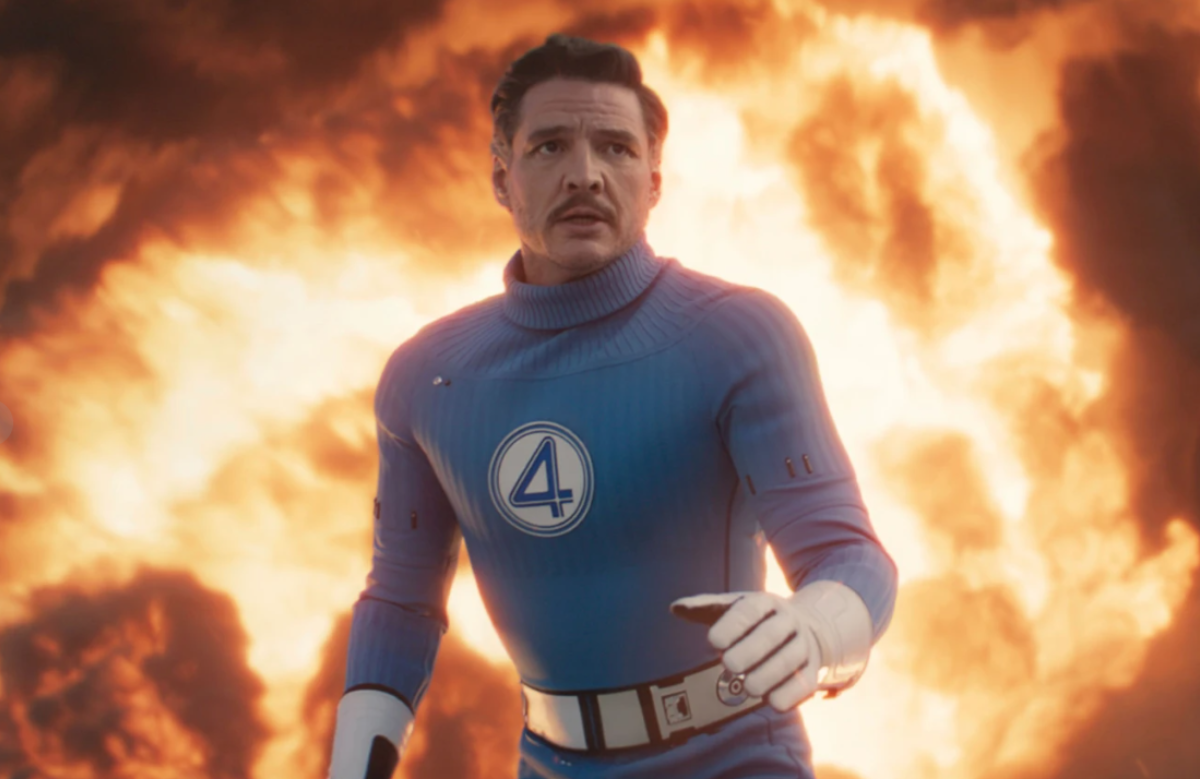Ratan Tata’s Passing
Ratan Tata, the prominent Indian industrialist who led the Tata Group for more than 20 years, has died at the age of 86. Known globally, Tata was one of India’s most notable businessmen. The Tata Group is one of the largest conglomerates in the country, with annual revenues exceeding $100 billion. The current chairman of Tata Sons, in a statement on his death, called him a “truly extraordinary leader”.
Tribute from Tata Sons Chairman
Expressing deep sorrow in his statement, Chandrasekaran said, “It is with heavy hearts that we bid farewell to Mr. Ratan Naval Tata, a remarkable leader whose significant contributions have not only shaped the Tata Group but also affected the very fabric of our country.”
Transformational Leadership
During Ratan Tata’s leadership, the Tata Group made several significant acquisitions, including Anglo-Dutch steelmaker Corus, UK car brands Jaguar and Land Rover, and Tetley, the second largest tea company globally. A 2011 profile in the Economist referred to Tata as a “titan,” highlighting his role in transforming the family business into a global powerhouse.
Influence and Recognition
Despite owning less than 1% of the conglomerate named after his family, the magazine called him one of the most influential businessmen in India and one of the most powerful people in the world. In 2012, Tata retired as chairman and assumed the role of chairman emeritus of Tata Sons, the group’s holding company.
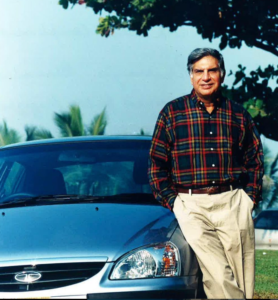
A Mentor and Leader
For the Tata Group, Mr. Tata was more than just the Chairman; he was a mentor, guide, and friend. He led by example, demonstrating an unwavering dedication to excellence, integrity, and innovation. Under his leadership, the Tata Group expanded its global presence while staying true to its ethical values.
Commitment to Philanthropy
Mr. Tata’s commitment to philanthropy and social development impacted millions of people. His initiatives in education and healthcare have created lasting benefits for future generations. In all his work, he exemplified genuine humility in every interaction.
Early Life and Career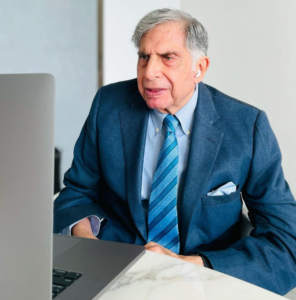
Born in a traditional Parsi family in 1937, Tata studied architecture and structural engineering at Cornell University in the US. After completing his training at a plant in Jamshedpur, he started his career as an assistant in Tata Industries in 1962. He later worked at Tata Iron and Steel Company (now Tata Steel), Tata Consultancy Services (TCS), and National Radio and Electronics (NELCO).
Succession and Mentorship
In 1991, he succeeded JRD Tata, who led the group for over 50 years. Tata described JRD as his greatest mentor, saying, “He was like a father and a brother to me.” For his contribution, the Government of India awarded him the Padma Vibhushan, the country’s second-highest civilian honor, in 2008.
On behalf of the entire Tata family, I extend my heartfelt condolences to their loved ones. His legacy will continue to inspire us as we strive to uphold the principles he passionately championed.

